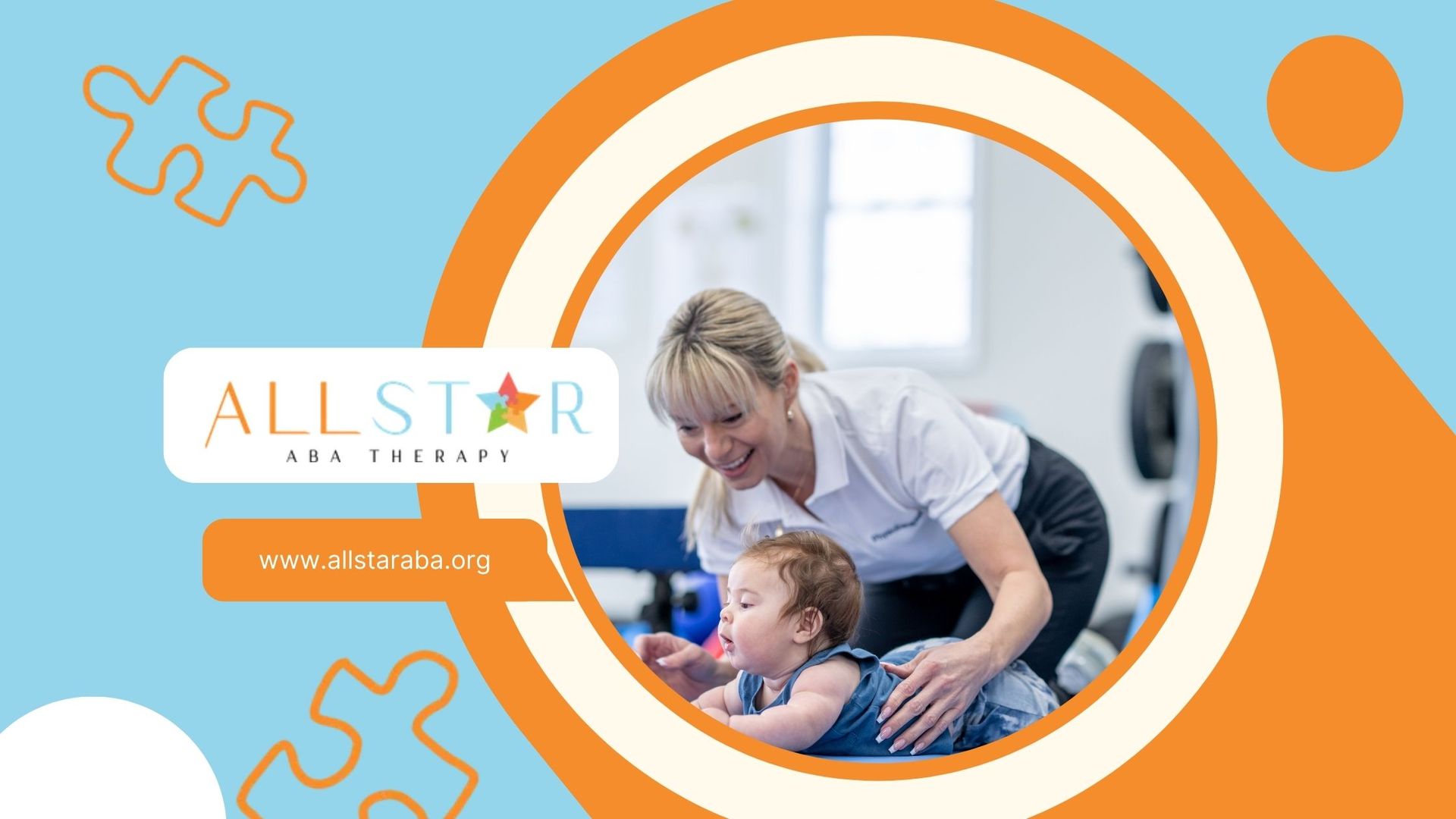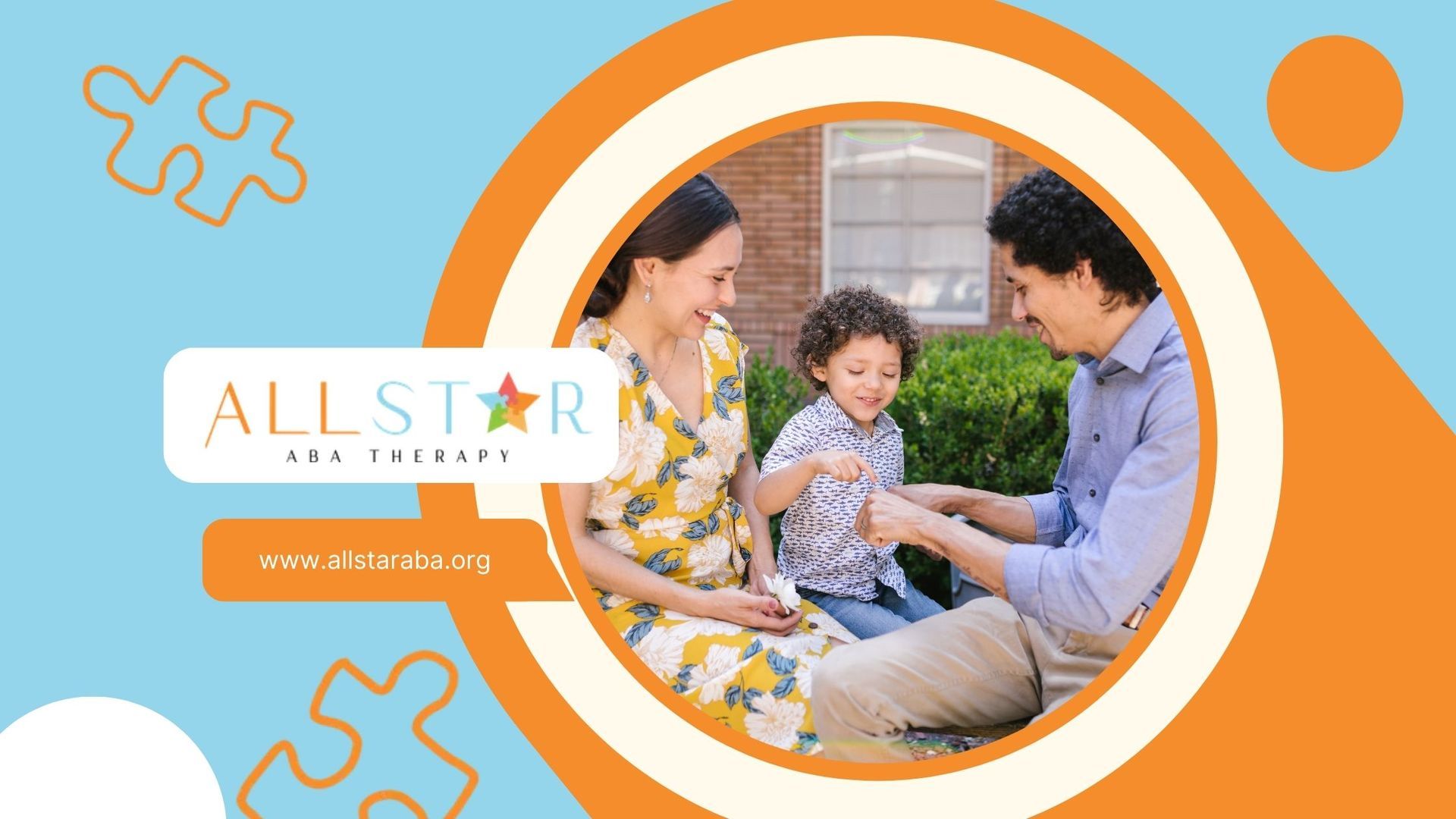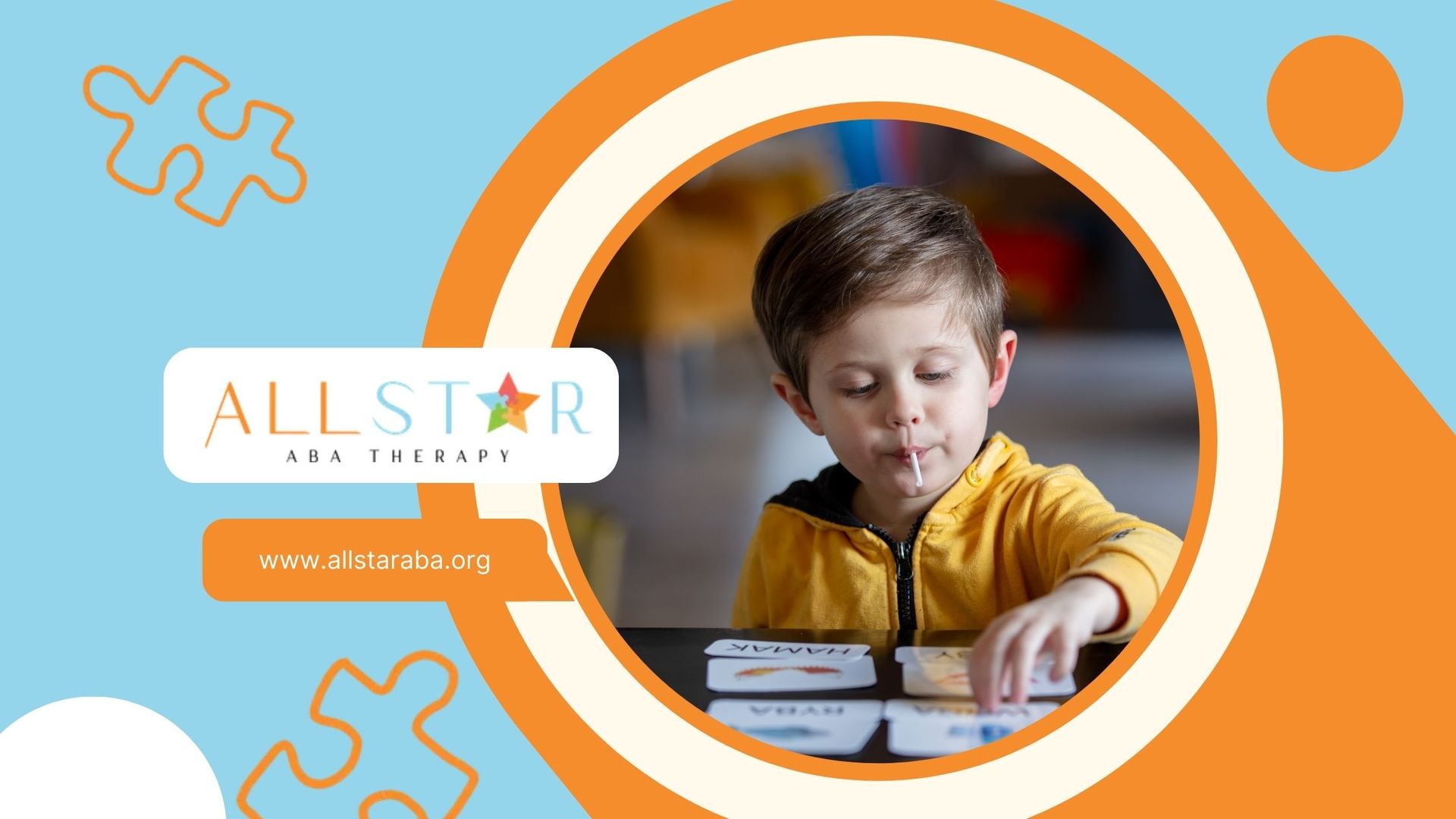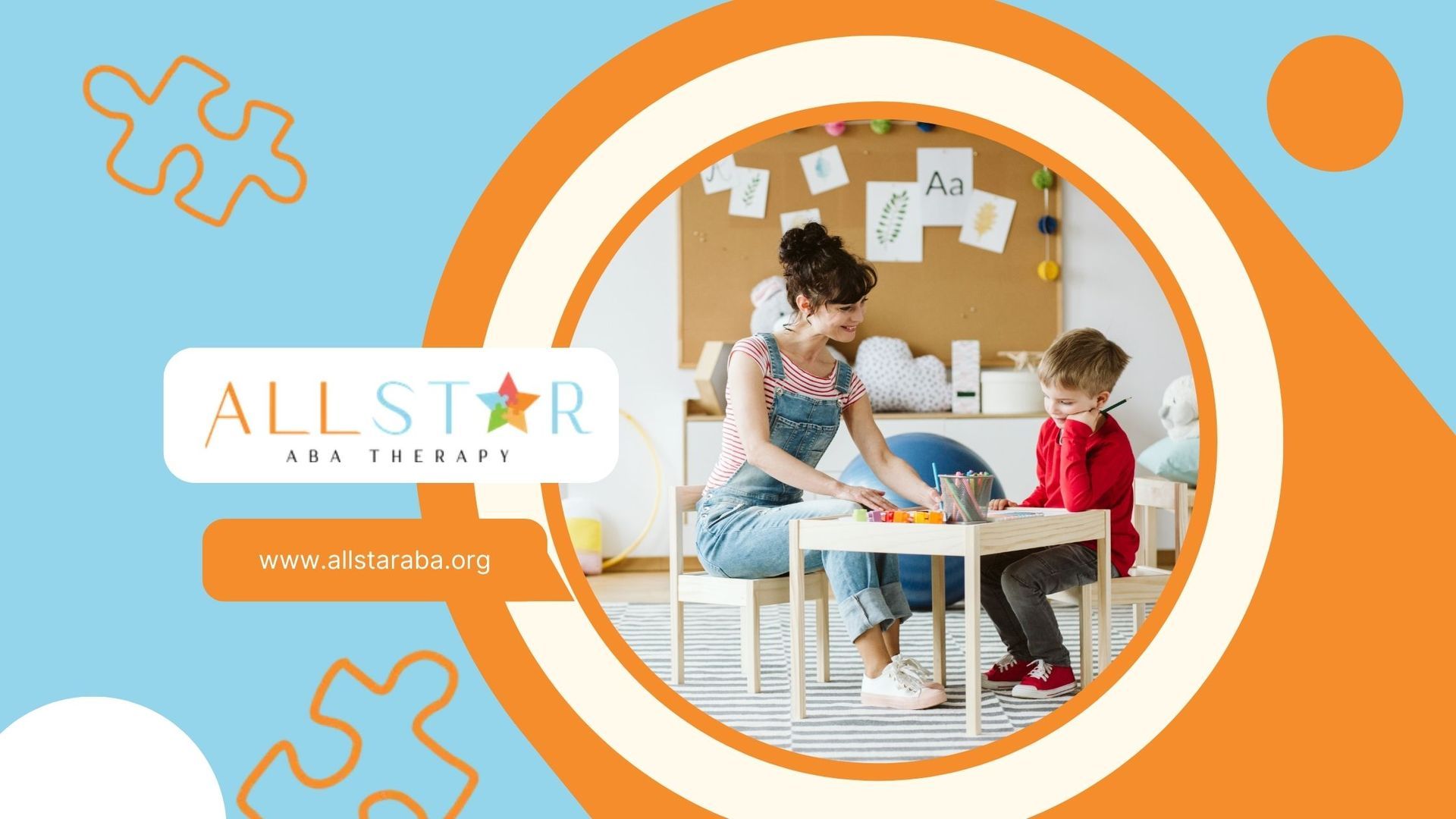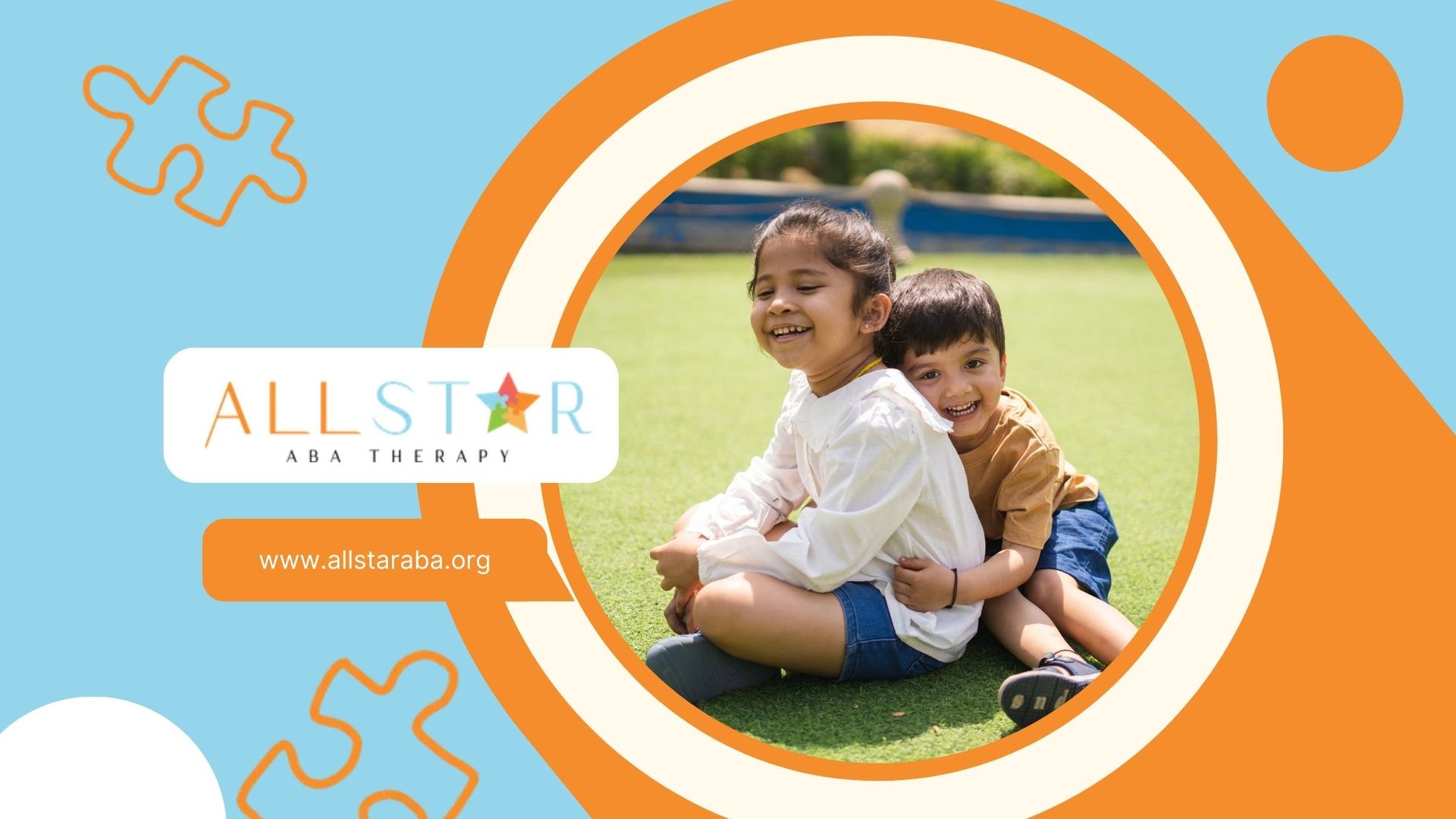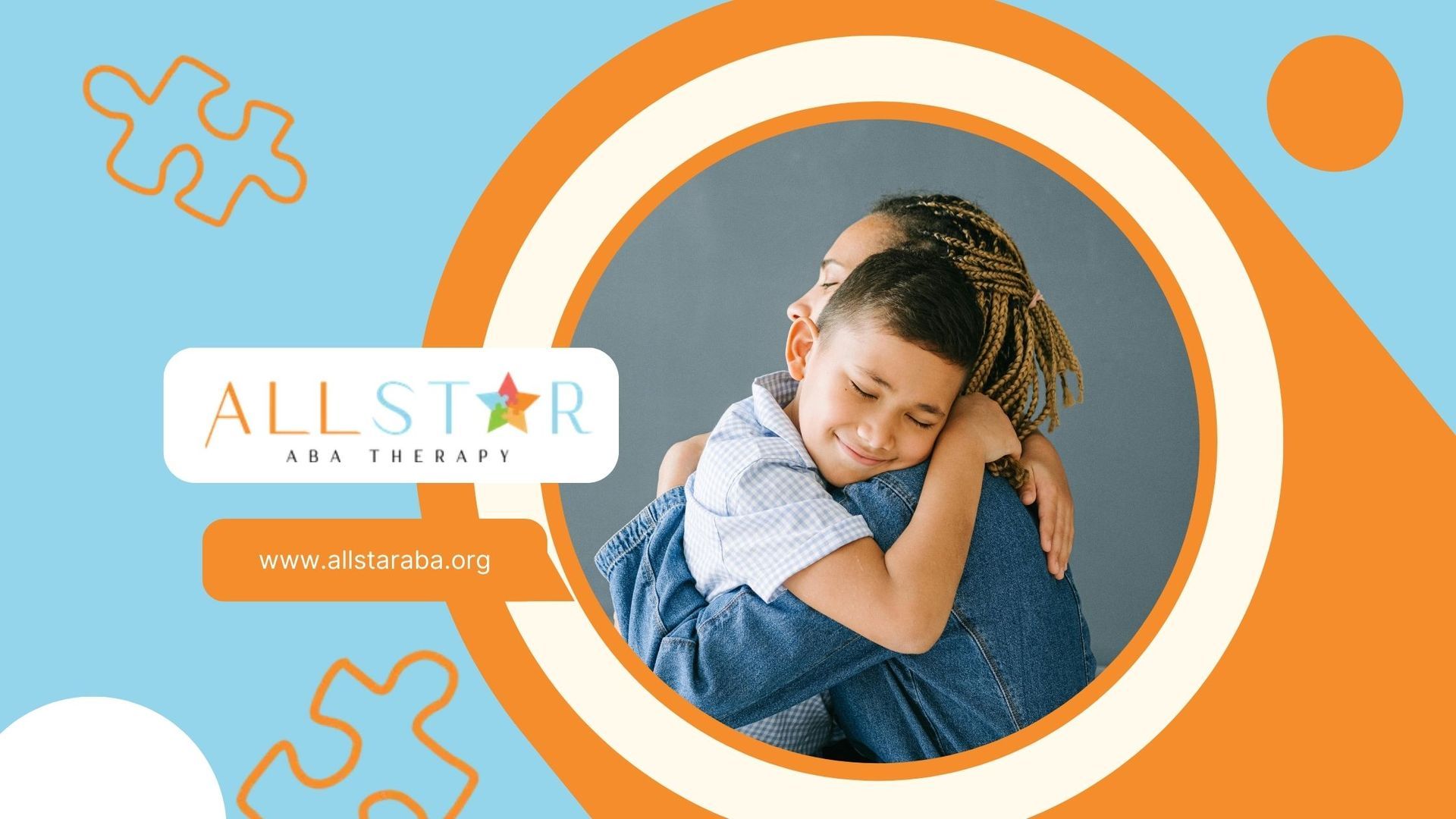New Paragraph
Can Autism Appear in Adulthood? Understanding Late-Recognized Autism
Many adults go through life feeling different without understanding why. Social interactions may feel confusing, certain environments can be overwhelming, and making connections with others might seem more difficult than it should be. Often, these challenges are dismissed as personality traits—being shy, overly sensitive, or just preferring routine. But for some, these experiences are actually signs of undiagnosed autism.
When we first met Daniel, he was seeking support for social and sensory challenges that had affected him for years. As a highly intelligent teenager, he had learned to mask his difficulties, but deep down, he always felt different. Social interactions felt like a puzzle he couldn’t quite solve, and loud environments left him feeling overwhelmed. He excelled in academics but struggled with small talk and making friends. As a child, his challenges were often brushed off as shyness or being "too sensitive."
It wasn’t until he started reading about autism online that he began to realize his experiences matched those of autistic individuals. Seeking a formal diagnosis was a life-changing moment, bringing clarity to years of unanswered questions. With the right support and self-understanding, Daniel was finally able to navigate life in a way that felt more authentic to him.
His story is not unique—many adults discover their autism later in life, leading them to wonder if they "developed" autism over time.
Understanding Autism: Can It Develop Later in Life?
Autism spectrum disorder emerges in early childhood. However, many adults find themselves wondering: can you develop autism later in life? This question often arises when individuals recognize traits of autism in themselves or others as they grow older.
What is Autism Spectrum Disorder (ASD)?
Autism spectrum disorder is a lifelong neurodevelopmental condition that affects communication, social interaction, and behavior. It is typically diagnosed in childhood, with symptoms often noticeable by the age of two. The spectrum nature of autism means that it manifests differently in each person, ranging from mild to severe challenges in daily functioning.
Common Signs of Autism
- Difficulty with social interactions and communication
- Repetitive behaviors or restricted interests
- Sensory sensitivities (e.g., strong reactions to light, sound, or touch)
- Preference for routines and difficulty with change
- Strong focus on specific topics or hobbies
Can You Develop Autism as an Adult?
The Science Behind Autism’s Development
Autism is a condition that originates in brain development, typically before birth. Research suggests that genetic and environmental factors contribute to the development of autism, but it does not suddenly appear in adulthood.
However, some individuals may not recognize their autistic traits until later in life, leading to the belief that they "developed" autism over time.
Late Diagnosis vs. Late Onset
- Late Diagnosis: Some individuals with mild or well-masked autism may not receive a diagnosis until adulthood. This is especially common in women and high-masking individuals who develop coping mechanisms that hide autistic traits.
- Late Onset: There is no scientific evidence supporting the idea that someone can suddenly develop autism in adulthood. However, certain life changes, such as increased social expectations or workplace challenges, can make autistic traits more noticeable over time.
Why Do Some People Get Diagnosed with Autism Later in Life?
1. Masked Symptoms in Childhood
Many children, especially those with mild autism, learn to mask their symptoms to fit in with peers. This can delay diagnosis until adulthood when challenges become harder to manage.
2. Changing Social Demands
As responsibilities increase in adulthood—such as managing a career, relationships, and independent living—autistic traits may become more apparent.
3. Misdiagnosis or Overlooked Symptoms
Some individuals receive diagnoses for other conditions such as anxiety, depression, or ADHD, which can overshadow underlying autistic traits.
4. Lack of Awareness and Gender Differences
Historically, autism research focused more on male presentations of autism, leading many women and nonbinary individuals to go undiagnosed due to differences in symptom expression.
How Autism Manifests in Adults
While the core traits of autism remain the same, their expression may change with age. Some adults find strategies to cope with their differences, while others struggle as life responsibilities grow. Common signs of autism in adults include:
- Difficulty with social interactions (struggles with small talk, making friends, or understanding social cues)
- Sensory sensitivities (being overwhelmed by bright lights, loud noises, or certain textures)
- Repetitive behaviors (engaging in specific routines or having intense special interests)
- Challenges with executive functioning (difficulty managing time, organizing tasks, or dealing with unexpected changes)
- Burnout from masking symptoms (exhaustion from constantly trying to fit in socially)
Seeking an Autism Diagnosis as an Adult
Steps to Getting a Diagnosis
- Self-Assessment: Start by researching autism traits in adults and taking self-screening tests.
- Consult a Professional: Find a psychologist or neurodivergent specialist experienced in diagnosing adult autism.
- Undergo an Assessment: A professional evaluation typically includes interviews, questionnaires, and behavioral observations.
- Receive Support: A diagnosis can open the door to accommodations, support groups, and therapy options.
Benefits of a Late Autism Diagnosis
- Self-Understanding: Many adults find relief in understanding why they think and behave differently.
- Improved Mental Health: Recognizing autism can help reduce anxiety and depression caused by misunderstanding oneself.
- Access to Resources: An official diagnosis can provide access to workplace accommodations, therapy, and community support.
All Star ABA provides exceptional ABA therapy in Maryland, from infancy to age 21. Our team of dedicated professionals uses evidence-based techniques to help children and young adults develop essential life skills, improve communication, and foster independence.
With a personalized approach tailored to each child's unique needs, we are committed to delivering the highest standard of care to support long-term success and meaningful progress.
FAQs
Can autism suddenly appear in adulthood?
No, autism is a neurodevelopmental condition present from early childhood. However, some individuals may only recognize their autistic traits later in life.
What should I do if I think I’m autistic?
Consider taking a self-assessment and consulting a medical professional for a formal diagnosis.
How does ABA therapy help autistic adults?
ABA therapy can help adults develop coping strategies, improve communication skills, and manage sensory sensitivities.
Sources:
- https://www.drakeinstitute.com/can-you-develop-autism-later-in-life
- https://childmind.org/article/autistic-girls-overlooked-undiagnosed-autism/
- https://pmc.ncbi.nlm.nih.gov/articles/PMC10498662/
- https://rutgershealth.org/news/quarter-teens-autism-go-undiagnosed-rutgers-researchers-find
- https://www.helpguide.org/mental-health/autism/autism-in-adults
Need Support?
We're Here to Help!
Our experienced team is ready to assist you. Reach out today to discuss how we can support your child's development and well-being.
Get started with expert ABA therapy today.



